As an Amazon Associate I earn from qualifying purchases.
Podcast: Play in new window | Download

Joe and I first met several years ago online, and we cemented our friendship chasing squirrels and talking about our love for the unloved. Joe’s a trapper, and has on occasion FedEx’d me oddities like muskrats, beavers, and our mutual friend Dr. Norm even sent me a snapping turtle. Both of us routinely eat off the beaten track, and we talk about some of these unloved animals in this hour-long episode: How to catch them, process and eat them. In many cases you need some special knowledge to make these critters taste good, and we do our best to provide that.
Here are some links to the topics we talk about in today’s podcast:
- A recipe for Creole Turtle Soup, with the story of an odd package in the mail…
- Gigging frogs in California, and a recipe for French Fried Frog Legs
- How to clean a frog
- How to cook and handle javelina
- Mexican barbacoa, the very best thing to make when you have beaver hindquarters
- Joe and I love to eat pigeons. Here is a whole slew of pigeon recipes.
- Most people reading this don’t think of bears as an exotic protein, but many people in North America certainly do. Here is an essay about the eating of black bears along with a recipe for Siberian pelmeni dumplings, a traditional Russian dish made with brown bear meat.
And if you want to hear more from Joe, he is one of the co-hosts on the radio show Inside the Great Outdoors, Sundays at 7 a.m. on WHK AM 1420 in Northeast Ohio.
Did you like this episode? You can find an archive of all my episodes here, and you can subscribe to the podcast here via RSS.
Subscribe via iTunes and Stitcher here.
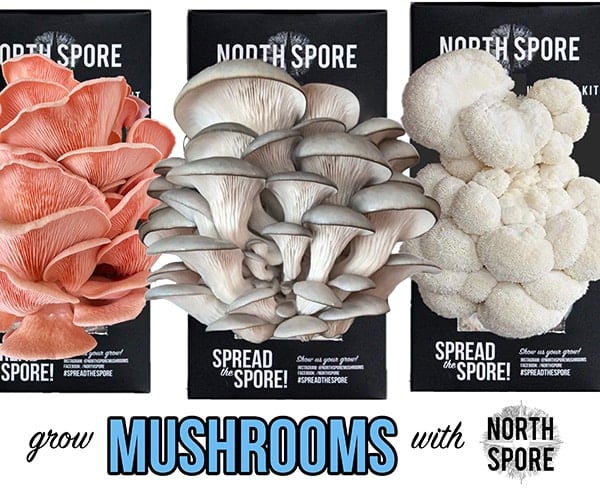
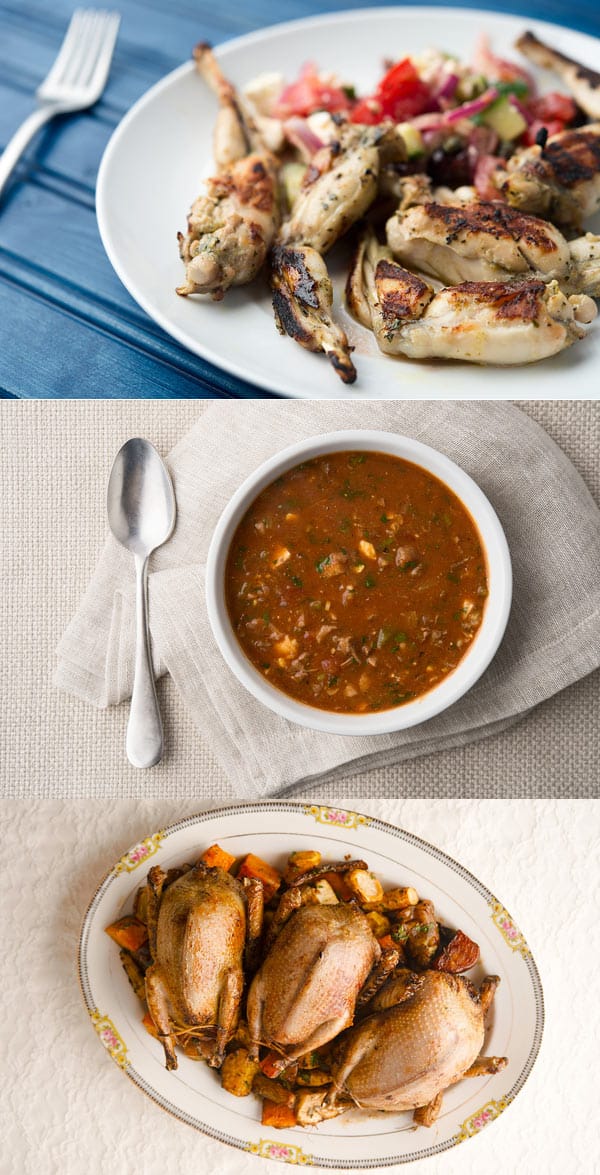
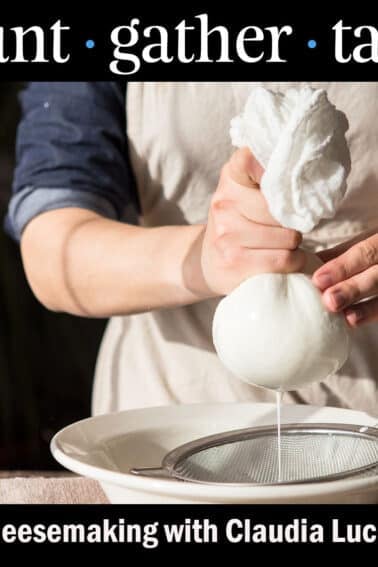
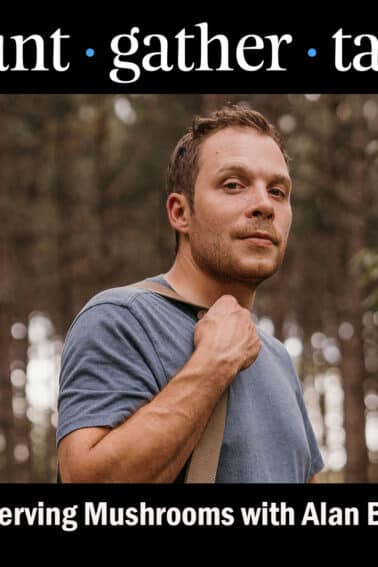
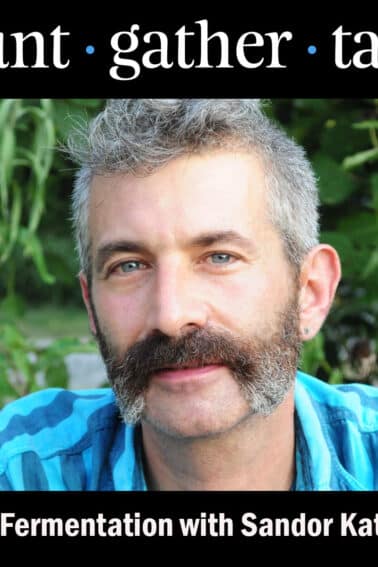

Hank,
I just discovered your podcast and I love it! I am a trapper from PA, but I recently moved to Houston, TX. I love the information that you provide on your podcast and website. My girlfriend and I tried your goose prosciutto recipe with great success. I have enjoyed cooking and eating muskrat and beaver when I lived in PA. Thanks for the great info!
-Rob
I recently heard Hank on Randy Newberg’s podcast from the BHA event. I’ve heard podcast #2 and #8 so far and looking forward to the others. For some reason child hood memories of the old tv show character granny Clampette kept coming the mind as I was listening to podcast #3. 🙂 (big grin).
Really enjoying the podcasts Hank! Your keeping my commute entertaining and educational. I thought you might find the recent NPR story interesting given the topic of this post. Seems that historically some Catholic traditions allowed things like Beaver and Muskrat to be eaten during lent! A neat tidbit for exotic proteins!
https://www.npr.org/sections/thesalt/2016/02/26/468166791/when-beef-is-off-limits-beaver-and-muskrat-make-it-to-lenten-menu?utm_medium=RSS&utm_campaign=news
Keep up the great work!
Great post! i am always looking for ways to cook wild meat and for new wild meats to try. We have never done turtles. I’ll have to give them a try!
Great episode of a great new podcast. This is a subject near and dear to my heart from the under-utilized resource standpoint. I’m always looking for new sources of food and ways to better utilize what I manage to get my hands on.
Also: Joe sounds a lot like Alan Alda — which is a good thing.
Great podcast!
When you spoke of pigeons I was reminded of when I was about seven and
living in Laredo,
There was a lady living across the road from my grandparents.
Had a small menagerie of livestock living in her backyard and out buildings.
She sold pigeon eggs.
My grandma would buy a few now and then.
I thought it was cool when she would fry one up.
Eggs over easy in miniature.
The Podcast is great! Just finished ep. 3 which has reignited my desire to try some European Sparrows (which have overrun my bird feeders!). As someone who has never hunted any kind of bird, do you have any suggestions for preparing sparrows after dispatching them? Information on what to do to prepare them for recipes has proved hard to com by on the internet. Love the website, just ordered your first book, and can’t wait for the next podcast! Keep up the good work!
Interesting topic. My wife is from Indiana and we head out there each fall and they have a huge vat of turtle soup on with a side of head cheese. While I thought it odd at first, it really is some delicious food that I would have never thought about cooking myself. Loving the Podcasts, keep ’em coming Hank!
Hey Hank: Really liking yer podcasts! We eat a fair amount of turtle every year and our guests love it. Slow cooked with a mixed vegetable base is our favorite. My unloved category is common merganser. I shot a few one day and thought I would try it….. Wow it was awful … I couldn’t just throw them away, so I fed them to my Lab and he rejected them too, so I used the remainder for trap bait, unsuccessfully I might add. Looking forward to more podcasts!
BTW, the oldest tree (Prometheus, WPN-114) was cut by Prof Donald Currey (https://en.wikipedia.org/wiki/Donald_Rusk_Currey), who passed away in 2004. Apparently having the tree felled did not hamper his career in the least!